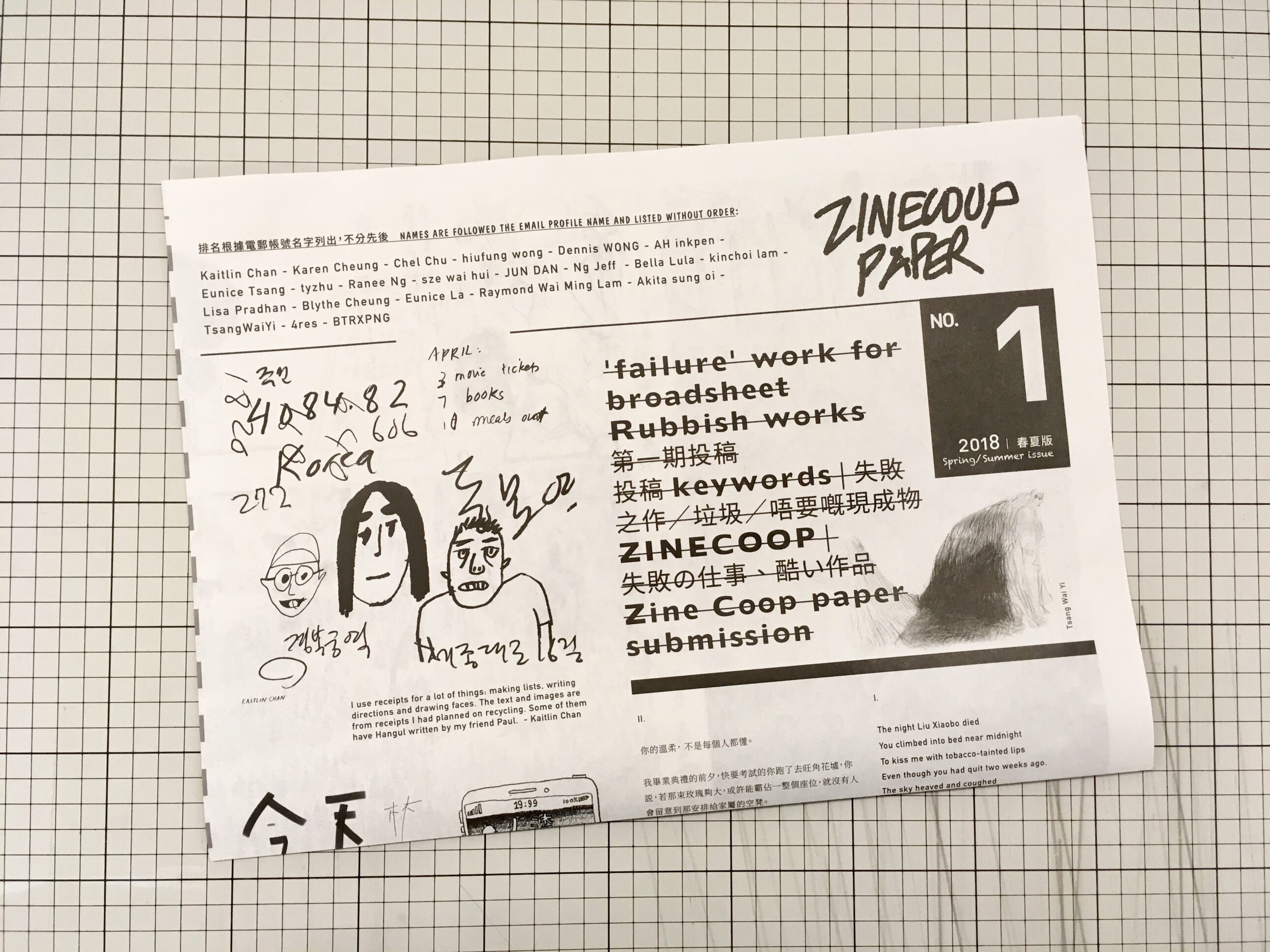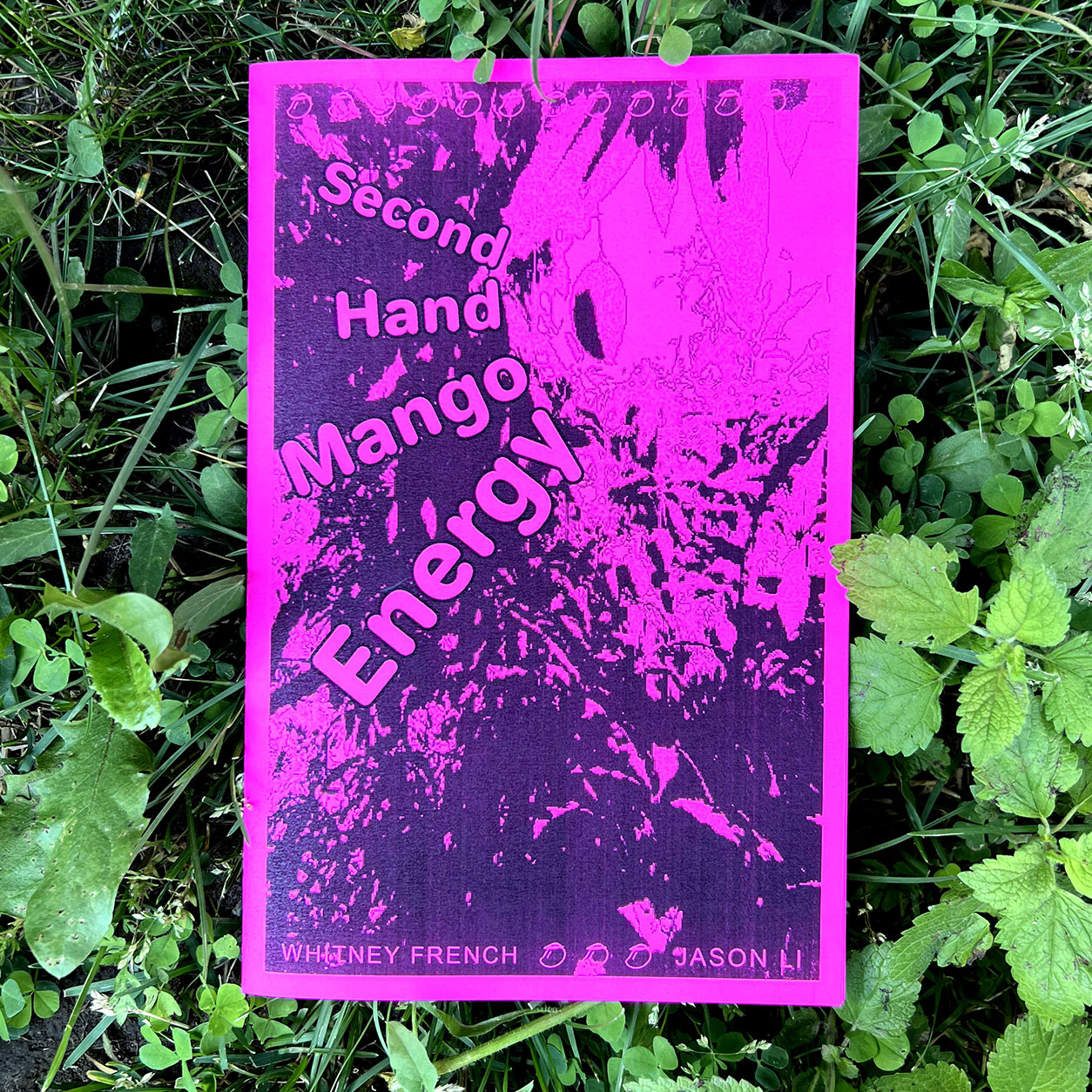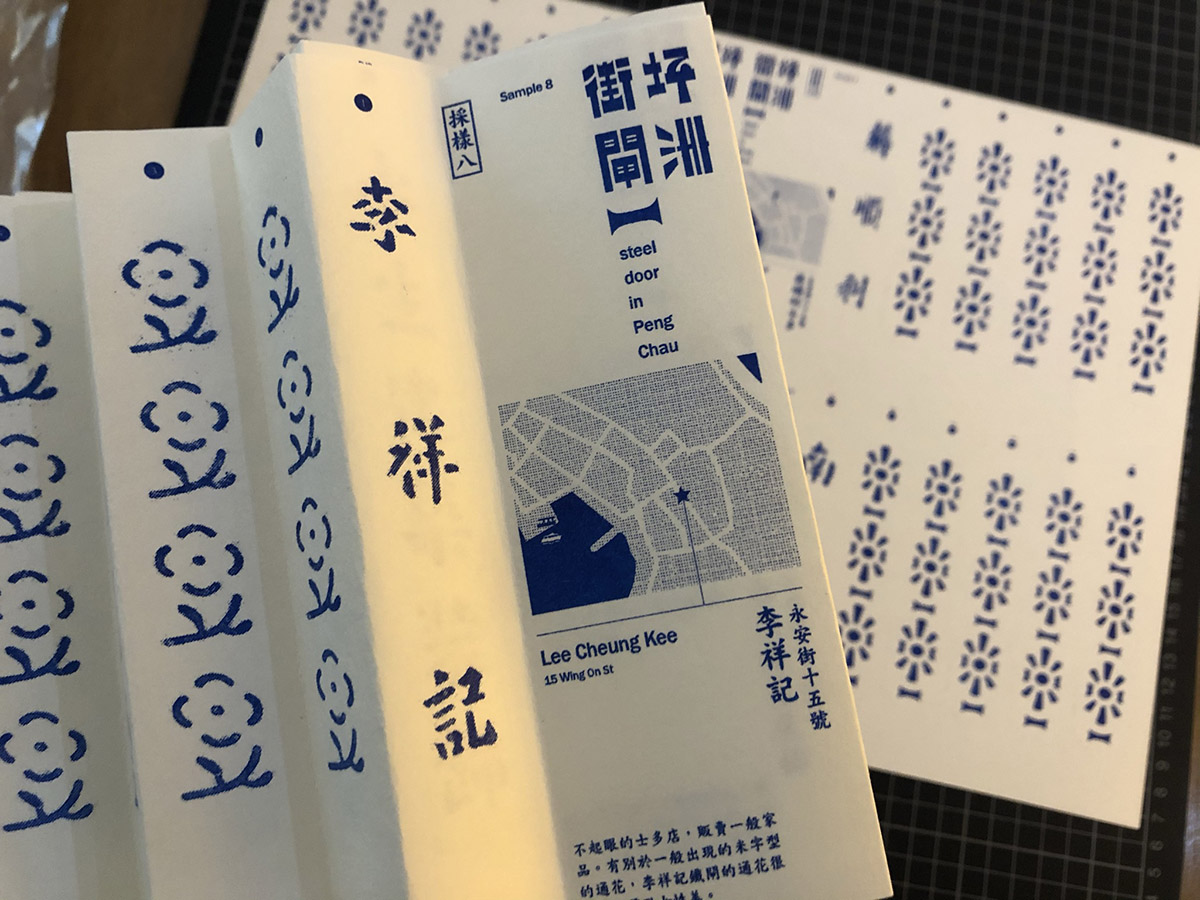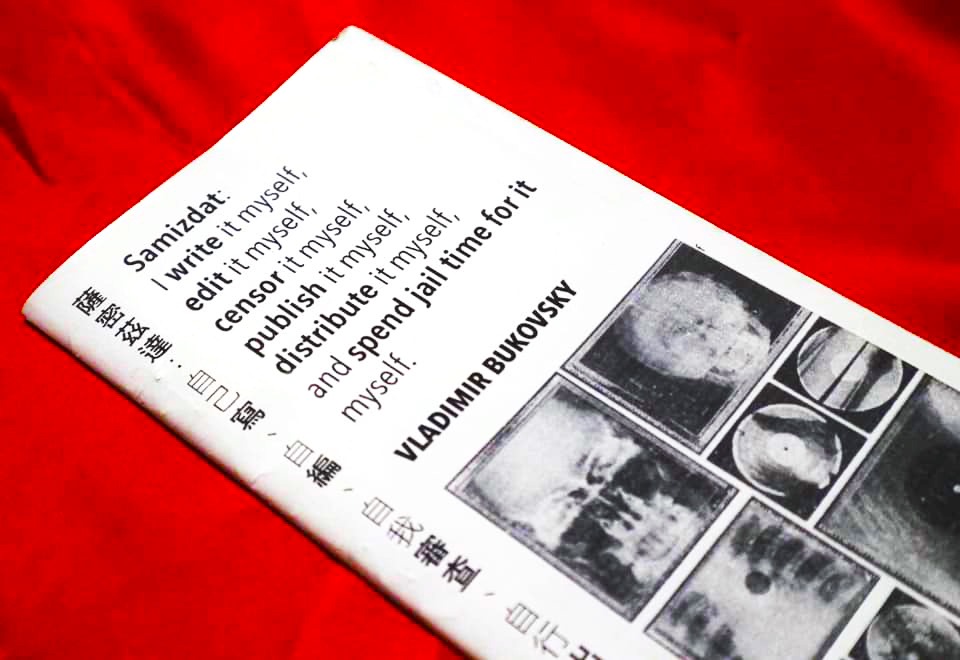ZINE COOP
ZINE COOP is an independent publishers' collective based in Hong Kong. We gather, distribute, publish and educate in exploring zine culture in Hong Kong and in extending it overseas. Founded in 2017, we operate without a fixed or hierarchical membership system, we welcome all interested parties to contribute in their own way.
Current active members: Beatrix Pang (Small Tune Press), Forrest Lau (zine forest studio), Jason Li (The Hanmoji Handbook) and independent artist-curator Ranee Ng (#TheMoreIReadTheLessIKnow) in the group are geographically scattered across Hong Kong, UK, and Canada, united in spirit through planning and operating physically and virtually together.
Current active members: Beatrix Pang (Small Tune Press), Forrest Lau (zine forest studio), Jason Li (The Hanmoji Handbook) and independent artist-curator Ranee Ng (#TheMoreIReadTheLessIKnow) in the group are geographically scattered across Hong Kong, UK, and Canada, united in spirit through planning and operating physically and virtually together.



